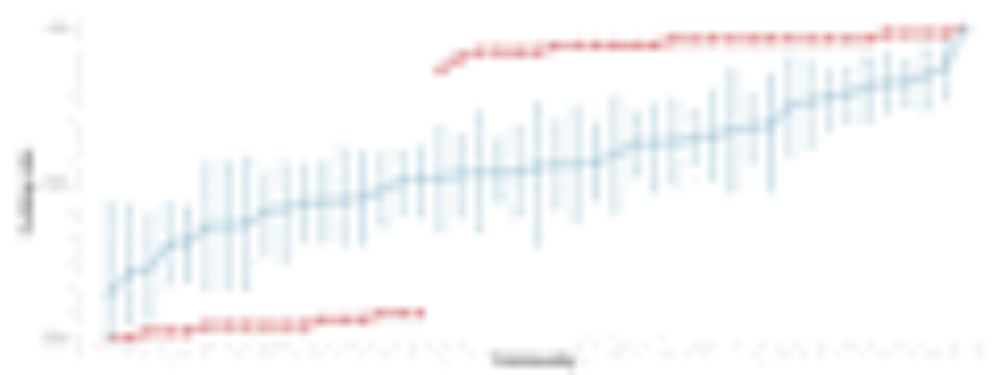Chapter: academic.oup.com/edited-volum...
Paper: www.science.org/doi/10.1126/...

Chapter: academic.oup.com/edited-volum...
Paper: www.science.org/doi/10.1126/...
tinyurl.com/376ueann
tinyurl.com/376ueann
🔧 solve real-world problems, from tackling societal grand challenges to navigating digital transformation.
📜 build robust organizational theories.
🔧 solve real-world problems, from tackling societal grand challenges to navigating digital transformation.
📜 build robust organizational theories.

